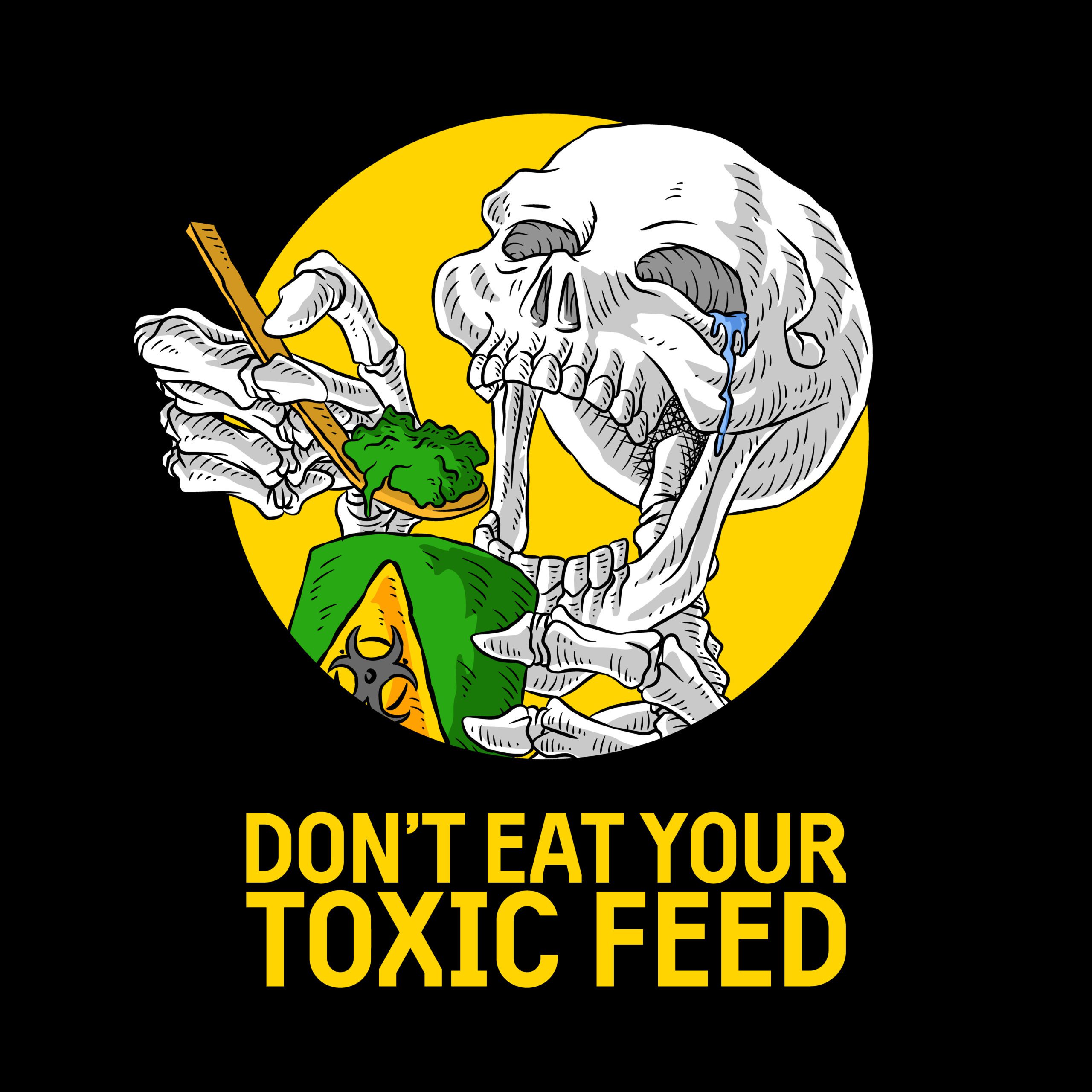Toxic BPA Found in Foods Targeted to American Children
August 3, 2016
 1537
1537 
Now, however, some experts feel there are worrying levels of BPA lurking inside food products targeted at American children, specifically canned soups and pasta.
The Breast Cancer Fund, a non-profit advocacy group that focuses on environmental links to cancer, tested certain food products and found an average of 49 parts per billion of BPA in a dozen cans. Adverse effects of BPA have been seen with exposure as little as 2.5 parts per billion.
Isn’t it time to insist on a BPA alternative?
The group stated, “Every food sample tested positive for BPA,” with Campbell’s Disney Princess and Toy Story soups testing the highest.” These findings have spurred the group to press canned food manufacturers to use alternatives to BPA.
How ironic that such “fairy tale” names are products that could cause cancer down the road.
The European Union banned the use of BPA in baby bottles earlier this year. Canada and 10 U.S. states restrict its use in infant containers. When it comes to exposing children to even small levels of the chemical, the biggest concern is that it disrupts the body’s hormonal system. Gretchen Lee Salter, policy manager at the Breast Cancer Fund states, “There’s a toxic chemical in our canned foods marketed to children and it doesn’t belong there.”
A varying range among brands.
Testing revealed a range of BPA levels in several canned food items. A can of Campbell’s Disney Princess Cool Shapes pasta with chicken broth and chicken contained 148 parts per billion. Campbell’s Spaghetti-Os with meatballs registered 10 ppb. The group also tested Annie’s Homegrown, Earth’s Best, and Chef Boyardee products. Eight of the 12 cans found BPA levels over 49 ppb on average.
It’s not clear why there is such a variance between the items tested, but Salter states that prior experiments suggest that some food products could cause more toxic leeching from BPA containers than others.
Currently, there is pending legislation that would ban BPA across the board. In the meantime, the Breast Cancer Fund urges parents of stay clear of all canned foods. Instead, they should feed their little ones dry or frozen pasta, fruit, or soup that comes from paper-based packaging.

A new study suggests that a widely used sugar substitute found in diet sodas, chewing gum, and low-sugar yogurt may elevate insulin levels. This could increase the long-term risk of heart disease. “Artificial sweeteners have infiltrated nearly all types of food, making it crucial to understand their long-term health effects,” said Yihai Cao, senior author […]

Diet Coke has long been a fan-favorite among soda lovers who want a fizzy, guilt-free alternative to traditional soft drinks. While its zero-calorie, zero-sugar label makes it seem like a healthier option, the reality is far more concerning. Despite its undeniable popularity, Diet Coke’s nutritional profile has raised red flags among health experts for years. […]

New study shows that embracing an anti-inflammatory, plant-forward diet can support cognitive function and help reduce the risk of dementia. What You Eat Shapes Your Brain The food you eat doesn’t just impact your body—it also affects your brain. Research suggests that eating an anti-inflammatory, plant-based diet can help improve memory, focus, and overall brain […]